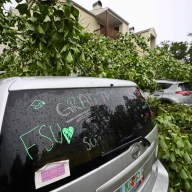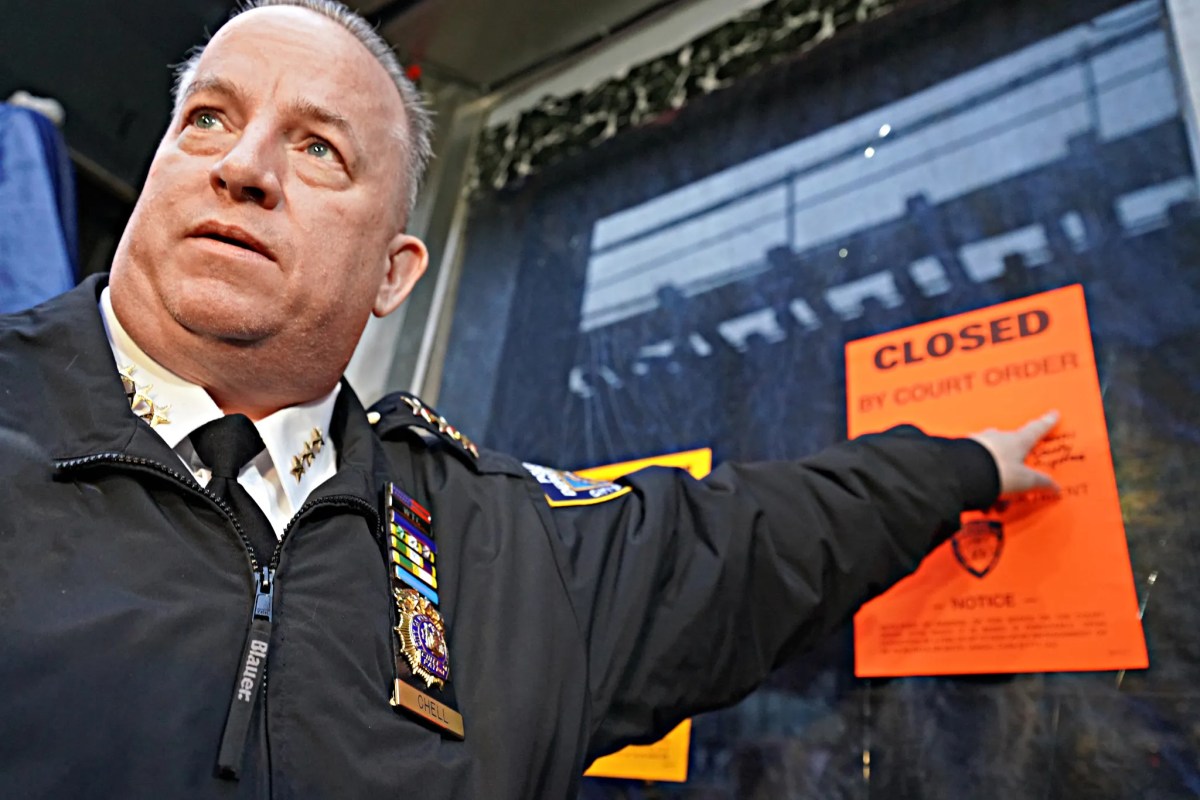![Zdjana Ray, 17, has been part of FSH since she was nine and is now captain of one of the Harlem Ice teams. “When I [first started], I felt like I was completely blossoming into a different person,” she tells Metro.](https://metrous.s3.us-east-2.amazonaws.com/ice_skater_zjana-614x394.jpg)
“Ice skating takes a lot of resilience,” Cohen tells Metro. “Even the best skaters in the world fall. So the first thing you learn in skating is that it’s OK to make a mistake; it’s OK to fall down because you just get back up and you try harder.”
Potential students must complete an application and interview process and are chosen based on need, residency and commitment level. The students sign a contract promising to maintain at least a B+ average in school – otherwise their ice time is limited. In 2012, the average had to be at least a B, and 84 percent of the students maintained that while 36 percent received straight A’s.
‘The girls understand the discipline that comes with athletics,” Cohen says. “Sports teach people how to set goals, how to concentrate and focus, and I think all those things apply to your academics and to life.”
Currently, 175 girls between ages 6-18 attend the school year program, and even more participate during the summer. About 75 percent identify as black, 15 percent as Latina, and 10 percent as multiracial; more than two-thirds come from low-income families or families living at or below the poverty level.
Girls are not only offered ice skating classes but also receive extra academic classes and tutoring. They are also taught basic life skills, such as money management and nutrition.
“We have created a culture of success. The kids are striving to be the best they can be, whether it’s in school or on the ice or in their life. They can dream bigger and they can imagine themselves doing things they never thought they could do because skating wasn’t necessarily something they thought they could do,” Cohen says.
















